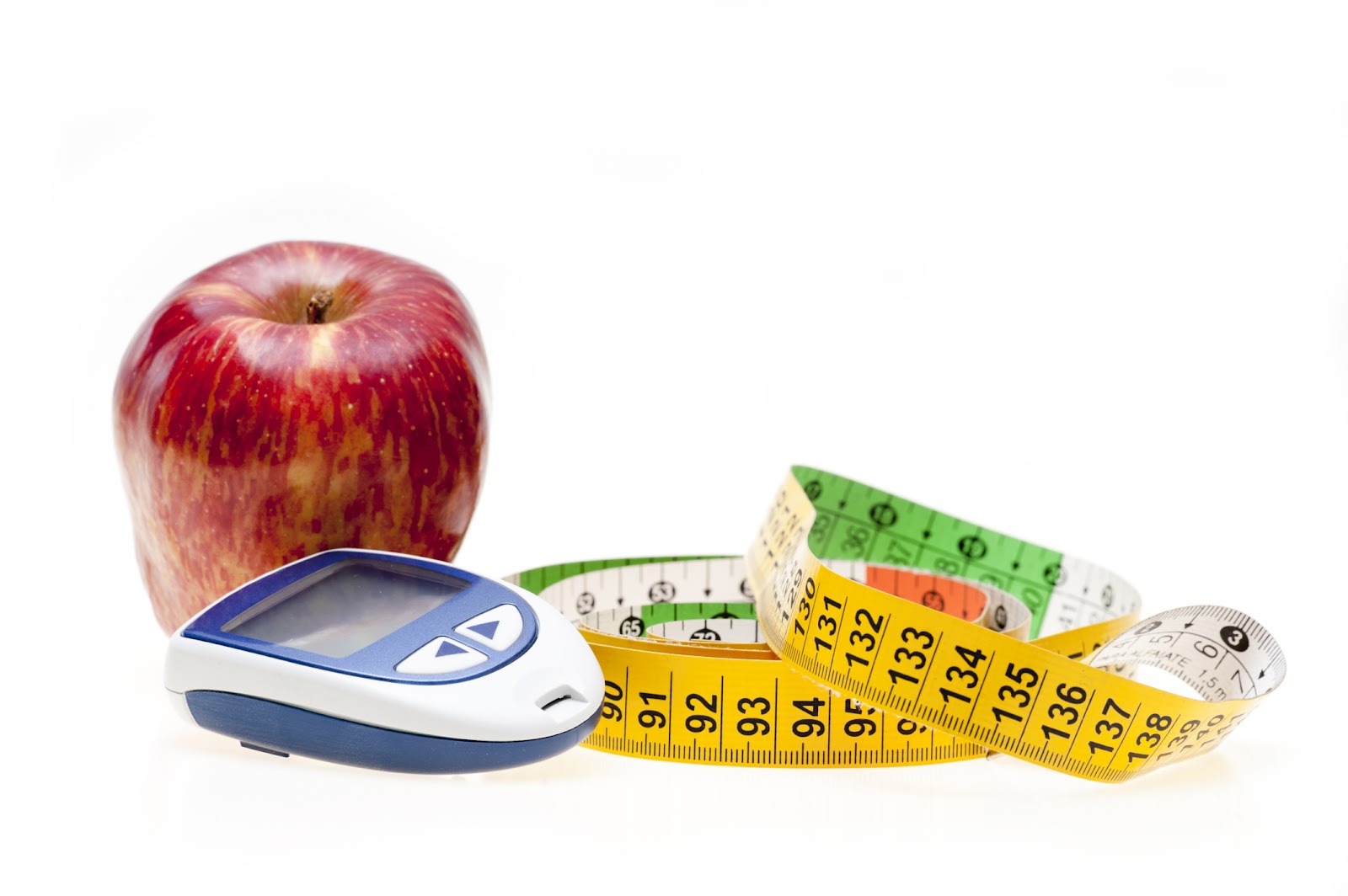Food and Health

Broccoli Compound May Help Diabetes Patients, Study Finds
Reviewed By Ray Spotts Researchers quickly zeroed in on sulforaphane, a natural compound found in cruciferous vegetables such as broccoli, cauliflower, and cabbage. This compound seemed so useful b...
Read more
Antioxidant Foods Linked To Lower Diabetes Risk
Reviewed By Ray Spotts As is known from many research studies and commonly held practices, antioxidants have amazing benefits that are great for the immune system and potentially even helpful in th...
Read more
Conflicting Research Regarding 100% Fruit Juice And Blood Sugar Levels
Reviewed By Ray Spotts It seems a bit suspect as many juices that claim to be 100 percent juice are also incredibly high in sugar and carbs, which clearly aggravate blood sugar levels. Now, there a...
Read more
Study: Diabetes Screenings And The Progress Made
This means that understanding the functions and symptoms of prediabetes and diabetes is becoming much more obvious to a wider range of medical practitioners. For those who haven't had any routine h...
Read more
Sugar And Inflammation: What You're Eating Can Harm You
While our body is trying to properly absorb the nutrients of the meal, it's also trying to thwart off bacteria. That natural process is made more difficult when massive amounts of sugar are in the ...
Read more




